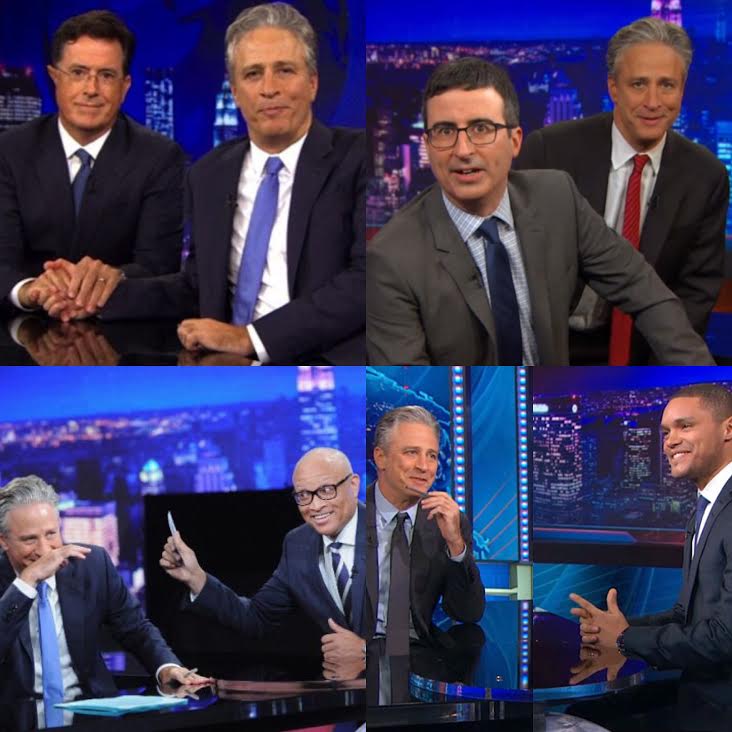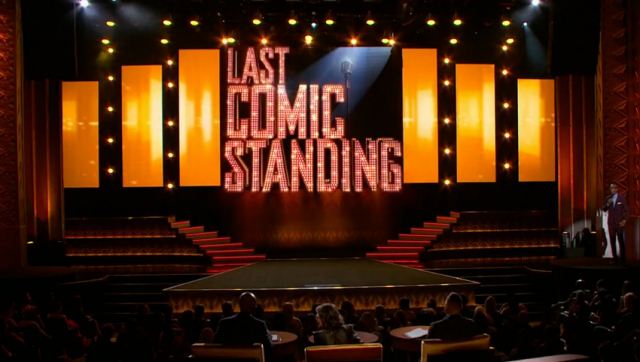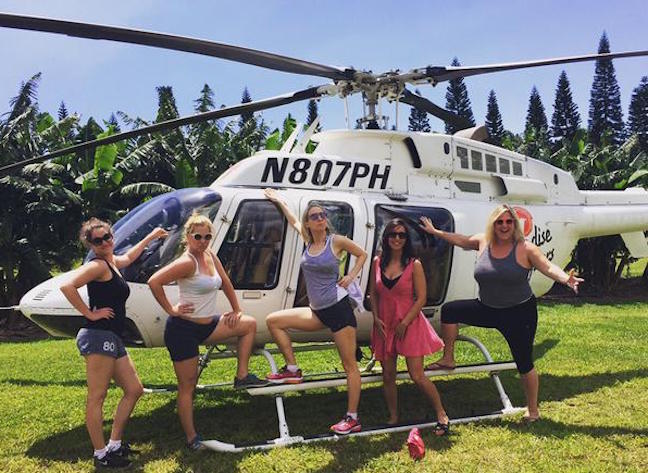Jon Stewart’s talking head might not appear on our TVs four nights a week any longer, but his name and his influence is perhaps even farther reaching now that he’s gone, imprinted into the four most vital late-night TV shows of 2015.
Note: Most vital. Not most viral.
The Jimmys (Fallon and Kimmel) may rule the roost for now in regards to YouTube views and Facebook shares.
But in terms of smart, funny, real talk about what’s going on in the news and in the world around us, the most essential must-see television happens most Sunday nights on HBO during Last Week Tonight with John Oliver. Stewart gave Oliver the chance two years ago to prove he could carry a show by substitute-hosting The Daily Show, and he has soared already on HBO to a Peabody Award with incisively funny and insightful interviews in Russia with Edward Snowden, a truly epic takedown of FIFA and more en route to perhaps his first Emmy Award later this month.
The most urgent voice in late-night currently belongs to Larry Wilmore, who when he changed the name of his Comedy Central program from The Minority Report to The Nightly Show had no idea that his first year would find so much tragedy to mine for comedy in a brutal year to have to remind American viewers everywhere that Black Lives Matter. Stewart convinced Wilmore to leave Los Angeles (where he had just begun showrunning the ABC sitcom black-ish) and accept a promotion from “Senior Black Correspondent” on Stewart’s Daily Show. “While Larry Wilmore is a brilliant comic and showrunner, this is all just a complicated ruse to get him to move to New York and turn him into a Knicks fan,” Stewart said when announcing the hire, and is the creator and executive producer on Wilmore’s show. Wilmore’s sit-down with gang members in a Baltimore diner in the wake of the police department’s killing of Freddie Gray was one of the most remarkable and winning conversations we’ve been privy to on TV this year.
The most subversively mainstream hour of television now belongs to The Late Show with Stephen Colbert. Never you mind Tuesday night’s debut, which had so much introductory bullet points to check off before moving forward. But in both test shows last week and in his debut last night, Colbert proved he’s the shrewdest host in television, no matter the hour. Operating at the height of his intelligence, he’s so engaged in his guests and so prepared for his interviews that you’re going to learn so many more things from his hour than you will on any of the other networks. Introducing his own brother in the audience and recognizing his political differences with him, Colbert caught former Florida Gov. Jeb Bush completely off-guard when he posed the same question to Jeb, regarding former President George W. Bush. Far from a “Gotcha!” moment. It was simply, sincerely stunning. In an era where talk shows lack true conversations, look for Colbert to turn the tables five nights a week and make his guests work as hard as he does to find real moments worth watching and sharing.
Stewart made two cameos Tuesday night on Colbert’s debut, first in a pre-taped cold open as a baseball ump yelling “Play Ball!” then bookending the hour-plus taped to Colbert’s locker in a callback to a joke about Colbert, Fallon and the other hosts sharing a late-night TV locker room. Three cameos, if you include seeing his name listed in the post-show credits as an executive producer there.
And the most interesting half-hour of late-night television may yet still come to pass come late September, when South African Trevor Noah assumes the mantle of host of The Daily Show, hand-picked by Stewart. Noah hired three new correspondents last week — none of them white guys, in case you hadn’t noticed –and his youthful outsider perspective on American media, combined with all of the fresh-faced correspondents around him, certainly will give us takes on the news we haven’t already seen a hundred times before on all of the other channels.
All of this comes from Stewart.
His influence as a boss and mentor on The Daily Show continues even now, whether directly as an EP on their shows or indirectly via the other executive producers who work with Colbert, Oliver, Wilmore and Noah, and learned themselves directly from Stewart.
As Colbert told Stewart last month on his finale: “We owe you because we learned from you, we learned from you, by example, how to have a show with intention, how to work with clarity, how to treat people with respect. You are infuriatingly good at your job, and all of us who were lucky enough to work with you for 16 years are better at our jobs because we got to watch you do yours, and we are better people for having known you.”
And we’re all better viewers now for having so many shows putting those examples into practice, one, four or five nights a week on network and cable TV.



